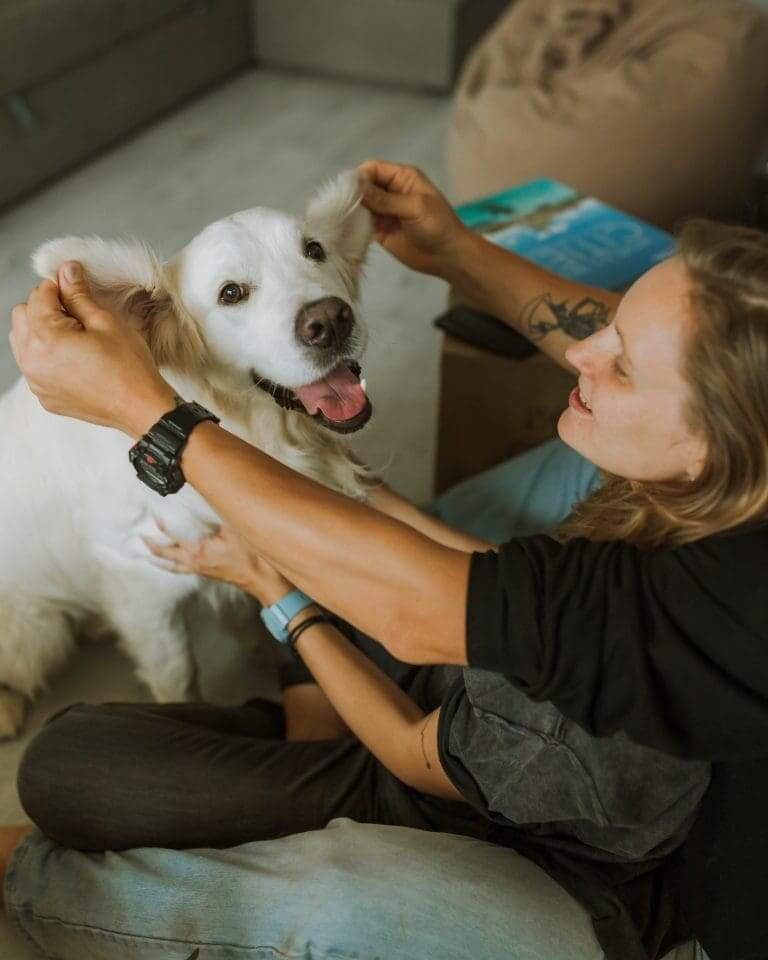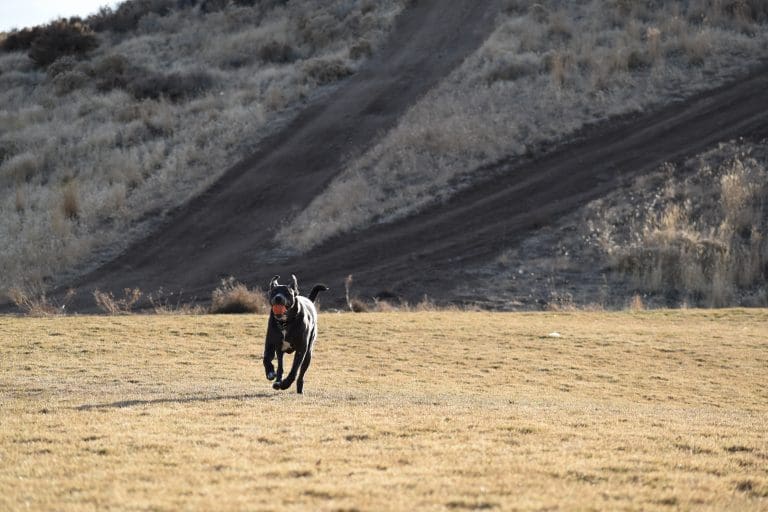Homophobic Dog I Know What You Are?
Post Date:
December 10, 2024
(Date Last Modified: December 13, 2024)
The bond between humans and dogs is often celebrated as one of the most genuine relationships in our lives. Dogs provide companionship, loyalty, and unconditional love. However, not all dogs fit the mold of the perfect pet. Some behaviors can be surprising or concerning, such as the notion of a “homophobic dog.” This term highlights a worrying trend in how certain dogs react to individuals based on perceived sexual orientation or identity.
# The Influence of Environment on Dog Behavior
Dogs are highly perceptive creatures, picking up on social cues, body language, and the emotions of those around them. If a dog displays discomfort or aggression toward certain individuals, it’s essential to consider the various factors contributing to this behavior. Often, these reactions stem from the owner’s attitudes or experiences rather than inherent traits of the dog.
A dog’s upbringing significantly shapes their behavior. Socialization is crucial during a dog’s development. Dogs that are not exposed to diverse environments and people during their formative stages may develop fear or aggression toward those who are different, including individuals from the LGBTQ+ community. Limited interactions with a narrow group of people can lead to negative reactions when encountering someone who looks or behaves differently.
# Fear and Uncertainty Over Conscious Bias
A dog’s reaction may not stem from a conscious bias but rather from fear or uncertainty. For instance, if a dog has previously had a negative experience with someone who identifies as LGBTQ+, they might generalize that fear to all individuals with similar traits. This behavior is not unique to sexual orientation; dogs can also develop fears based on characteristics like race, gender, or appearance.
It’s important to recognize that a dog’s behavior often reflects their owner’s experiences and fears. If an owner exhibits discomfort or hostility toward certain groups, their dog may pick up on those feelings. Dogs are intuitive and can sense their owner’s emotions, leading to learned behaviors that mimic their owner’s reactions.
# Promoting Positive Reinforcement and Socialization
Addressing these behaviors requires dog owners to practice positive reinforcement and socialization. Exposing dogs to various people, situations, and environments can help them learn that differences are not something to fear. Training that fosters calmness and acceptance can also be beneficial. For example, rewarding a dog for calm behavior when encountering someone they may react negatively toward can help change their associations.
Creating a safe and inclusive environment for dogs and their owners is vital. Dog parks and community events that celebrate diversity offer excellent opportunities for socialization. Encouraging positive interactions can work to dismantle the notion of a “homophobic dog,” fostering an atmosphere where dogs learn to appreciate all individuals, regardless of identity.
# Recognizing Signs of Discomfort
Understanding the signs of stress or discomfort in dogs is essential. A dog acting out may be communicating their discomfort with a situation. Signs can include growling, barking, or trying to distance themselves from a person. Recognizing these signals allows owners to intervene before a situation escalates, fostering a deeper connection and improving overall behavior.
# Fostering Acceptance Through Education
Education plays a significant role in shaping dog behavior. Owners must familiarize themselves with canine behavior and the impacts of socialization. Understanding the importance of exposing dogs to various experiences helps them develop into well-adjusted pets. Resources such as training classes, workshops, and literature on dog behavior can offer valuable guidance.
Engaging with the community effectively promotes understanding. Attending events that celebrate diversity encourages dogs to accept people from all walks of life. Building relationships with other dog owners can create a support network focused on positive reinforcement training and socialization.
# Creating a More Accepting Environment
Addressing the behavior of dogs perceived as homophobic involves creating a more accepting environment for everyone. Recognizing and working to change our biases can positively impact our pets. By modeling acceptance and understanding, dogs can learn to embrace differences and foster a sense of belonging.
A dog’s behavior often mirrors the world they inhabit. The actions of owners shape their pets’ perceptions and interactions. Promoting kindness, acceptance, and understanding helps dogs navigate a diverse world with confidence and love. Instead of labeling dogs as homophobic, focus on teaching them the values of acceptance and compassion. This approach can help create a future where all dogs thrive alongside individuals of every identity, free from fear and prejudice.
Dogs possess an incredible capacity for love and acceptance. With patience and effort, they can learn to embrace the diversity around them. Each interaction represents an opportunity for growth, benefiting both the dog and the owner. Participation in this journey contributes to a more inclusive society, one paw at a time.
As we explore the complexities of dog behavior, the goal is to foster a community where all dogs can thrive, and acceptance is a way of life. When encountering a dog that seems hesitant or fearful of someone, remember that there’s often more to the story. Through understanding and compassion, we can help our furry friends learn the true meaning of love and acceptance.






